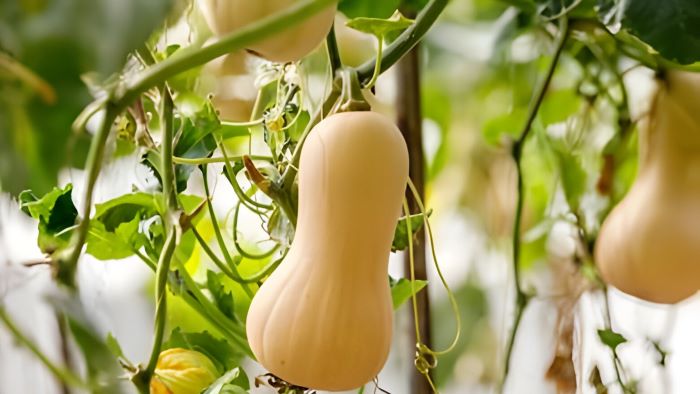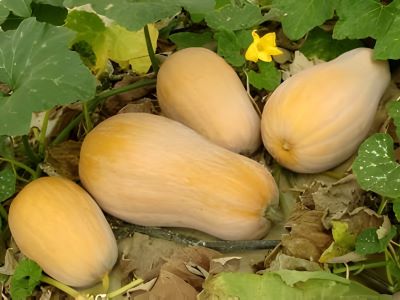People who frequently engage with gardening want to use natural ingredients to grow plants, as they are toxic-free and will not harm the environment. This is why garlic water is growing in popularity among gardeners, as it is a natural cure for pests that destroy plant life.
It also does many jobs, like improving soil health if used continuously, as well as encouraging plant development.
Garlic Water Benefits for Plants
If a person or individual uses garlic water for plants, then it has many benefits for them. Healthy plants can be saved or protected from fungal diseases so that your plants stay healthy. You can also use distilled water for plants with garlic water, as both are good and can also enhance the soil's organic components because they add vital nutrients to the soil, which in the end promotes plant growth.

Is garlic water good for plants?
Well, the answer for this is a Yes as the majority of plants get benefits from garlic water usually. Its natural makeup makes it a more environmentally friendly substitute for chemical fertilisers and pesticides.
Using garlic water will help you keep helpful insects like butterflies and bees safe. But use it sparingly since too much garlic water might upset the balance of the soil.
Does garlic water harm plants?
When applied properly, garlic water is usually harmless for plants, but too much of it might cause issues. Garlic's high sulfur compounds may increase soil acidity, which could have an impact on plant growth.
Furthermore, if exposed to concentrated garlic water, certain plants—particularly those that are sulfur-sensitive—may exhibit symptoms of stress. Before applying the mixture completely, test it on a small area and dilute it appropriately to prevent damage.

Can You Use Garlic Wash on All Plants?
Garlic wash can work wonders for many plants, but it might not work for all of them. Garlic water treatments are beneficial for hardy plants like roses, tomatoes, and peppers.
However, because of their sensitivity to sulphur, fragile plants like ferns or some herbs may react adversely. Prior to utilising garlic wash extensively, always do a patch test and research the particular requirements of your plants.
Signs Plants Are Too Cold
The health of plants can be greatly impacted by cold weather. Overly cold plants frequently show signs like withering, darkened foliage, or decreased growth. The plant's general vigor declines, and its leaves may turn yellow or brown. You can save your plants by taking appropriate action if you notice these symptoms early.
Can Indoor Plants Recover from Cold Shock?
Indoor plants can recover from cold shock if the damage is not too great. To begin, move them to a warmer area with more consistent temperatures. To encourage fresh growth, remove any leaves that are damaged.
Reason Why Is My Squash Turning Yellow?
Premature yellowing of squash is frequently an indication of nutrient deficits or pollination issues. Yellowing can be caused by a lack of potassium or nitrogen, and poor pollination results in unformed fruit. This problem can be resolved by hand-pollinating flowers and using balanced fertilisers to ensure enough pollination.
Yellow Leaves on Yellow Squash
The most common environmental causes of yellowing leaves on yellow squash plants are excessive irrigation or insufficient sunlight. Another factor that might cause leaf discolouration is root rot brought on by too much moisture. To keep the plant from becoming yellow, modify your watering schedule, enhance drainage, and make sure it gets enough light.
Squash Leaves Turning Yellow
Finding the underlying reason for yellowing squash leaves is critical and should not be avoided. Fungal illnesses, nutrient shortages and pest infestations are common causes.
The health of plants can be restored by using fungicides, organic pesticides, and balanced fertilizers. Preventing the spread of these problems requires early action.
Conclusion
If you know what your plants require, it becomes easy to take care of them. Whether you're dealing with yellowing squash, cold stress, or using garlic water as a natural cure, your garden will flourish all year long if you give it regular attention, monitor it, and take prompt action.




Comments